Sports management in Vietnam needs to be restructured for progress: ex-official
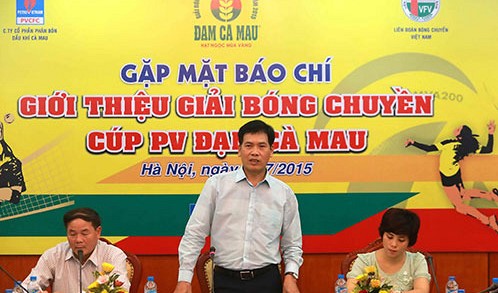
Tran Van Nghia, ex-general secretary of the Ho Chi Minh City Volleyball Federation, wrote this in a letter sent to Tuoi Tre (Youth) newspaper after the paper published stories last week on qualified people having firmly refused to lead national sports federations in recent years.
Unsuitable regulations and localism have cause talented people to turn down the chance of running sports federations, Nghia said.
Earlier, Le Quoc Phong, chairman of the board of directors and general director of the fertilizer company Binh Dien, mentioned the organization method as one of the reasons leading to his refusal to chair the Vietnam Federation of Volleyball (VFV).
He said that he is willing to recruit anyone who is talented and works effectively to develop his volleyball club.
But as the leader of the VFV, he said he would not be able to recruit these important people and would have to appoint current staff members of the agency.
As the leader of the federation, he said he would not be allowed to decide on expenditure for organizing a certain event.
Phong also argued that Vietnamese sports are now straddling two models of development at the same time – under both state subsidy and private investment – so the growth and management of sports in Vietnam are halfway between the two.
Now, Vietnam’s sports clubs are managed by state authorities and partly invested in by individuals and private firms.
Nghia concluded that state officials should break outdated rules to restructure management to keep the organizations moving ahead in the right direction.
Unchanged for three decades
Over 30 years ago, many sports federations were set up under state subsidy.
Then, federation chairmen often sought financial aid from prosperous companies by sending them letters to ask for help, while general secretaries were tasked with receiving ‘gifts’ from these firms.
Chairmen at the time were businesspeople invited to take the post to care for income, while other work related to internal and professional operations and planning was covered by general secretaries.
The chairmen of these federations had to obey instructions from the General Department of Sports and Physical Training.
This caused federation chairs to feel tired of leading their units under instructions and gradually keep distancing themselves from the job to focus on their own enterprises.
Now, after three decades, the process has remained unchanged, according to Nghia.
No successful businesspeople are willing to sit in the ‘hot chair’ at the federations to ‘listen to instructions’ from state bodies and take responsibilities.
In other nations, like Australia, the job of a federation’s general secretary is to combine reports, or act as an ‘aide’ to chairman.
The chairman is also assisted by professional managing directors.
They may not be experts in any sport but are qualified to analyze their strong and weak points to create a base to build long-term strategy for the development of a sport in their nation.
Within only 10 years, Australia has built volleyball into a favorite sport, and the country now has many elite players competing for foreign clubs in the U.S. and Italy.
What the stars mean:
★ Poor ★ ★ Promising ★★★ Good ★★★★ Very good ★★★★★ Exceptional
Latest News
More News
- Hoang Anh Tuan appointed new head coach of U23 Vietnam (March 29, 2024 | 09:32)
- Vietnam lose 0-3 to Indonesia in World Cup Qualifiers, coach Troussier sacked (March 29, 2024 | 09:28)
- Japan to advance in World Cup qualifying after N. Korea game cancelled (March 25, 2024 | 15:19)
- Ferrari flair to Mercedes despair: Three Australian GP talking points (March 25, 2024 | 15:02)
- Vietnam suffers loss to Indonesia in World Cup qualifiers (March 22, 2024 | 11:20)
- Aquabike world championship to come Vietnam for first time (March 22, 2024 | 11:12)
- Vietnam ready to face Tajikistan in friendly matches (March 19, 2024 | 16:25)
- Coach Troussier names squad for 2026 World Cup qualifiers (March 19, 2024 | 16:20)
- Paris 2024 hopes to be model for lower-carbon Olympics (March 14, 2024 | 16:55)
- AC Milan under the microscope as sale to RedBird probed (March 14, 2024 | 14:56)

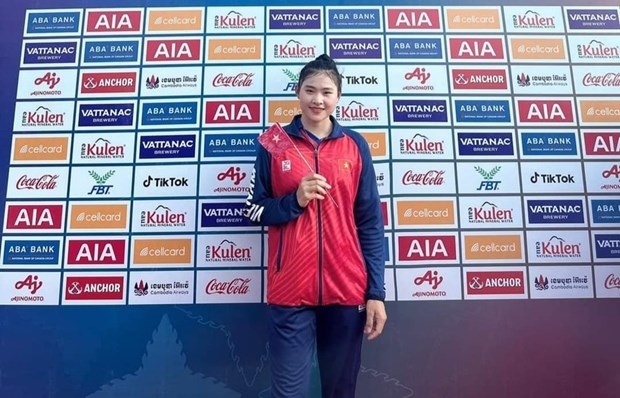
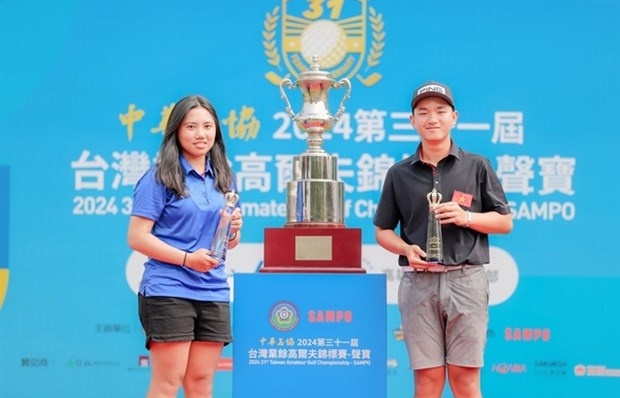
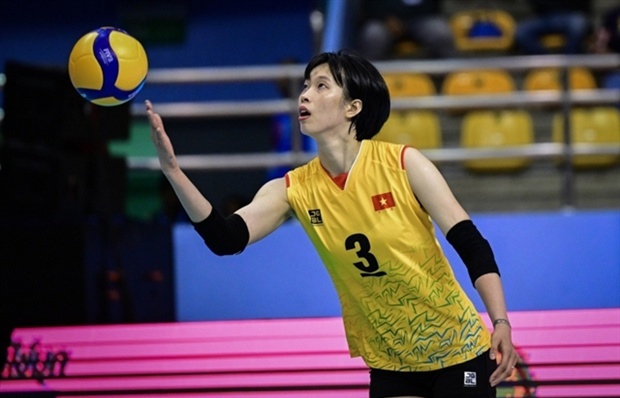
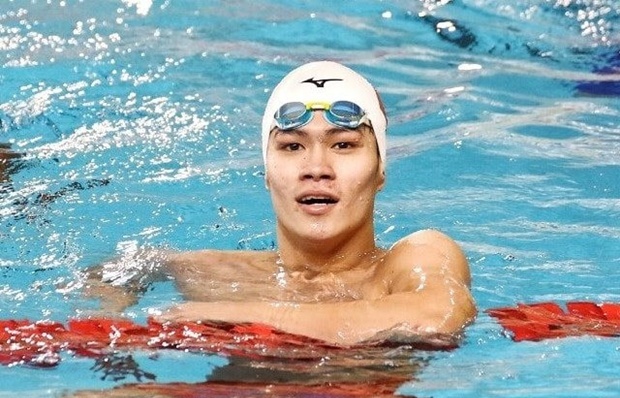
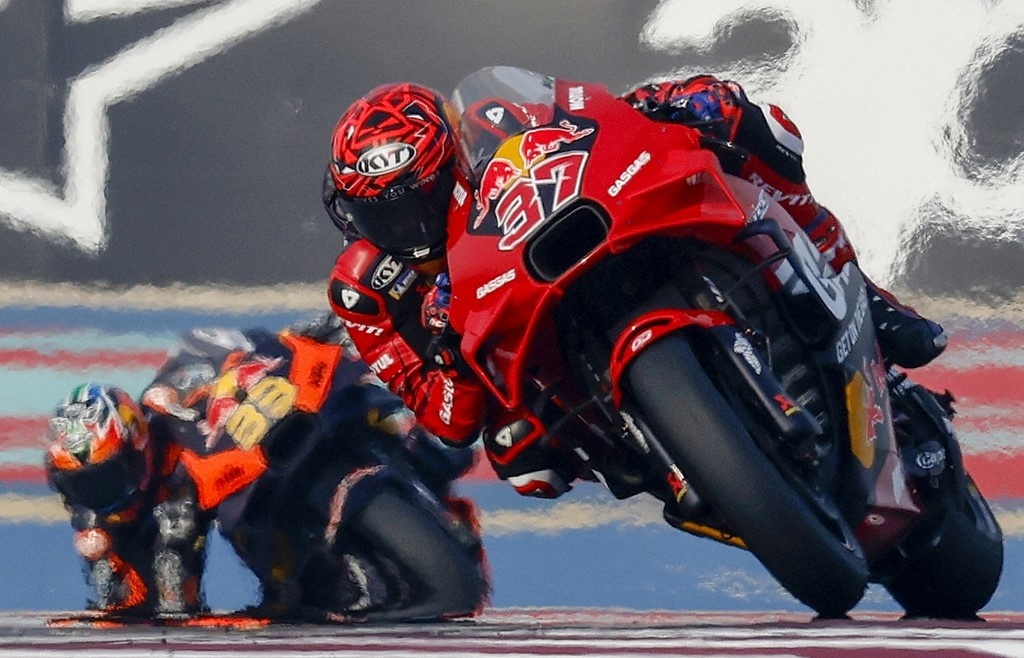







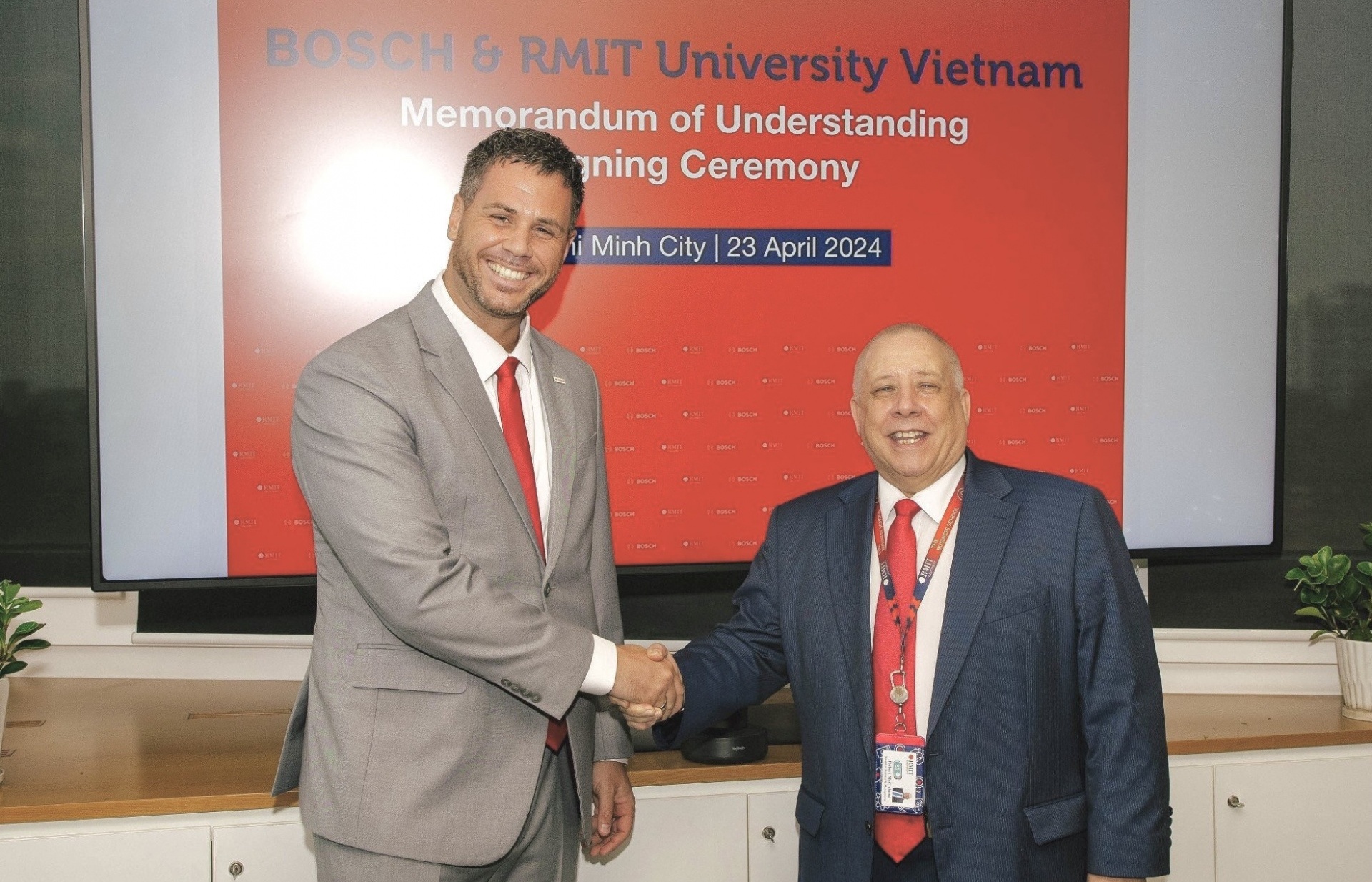



 Mobile Version
Mobile Version